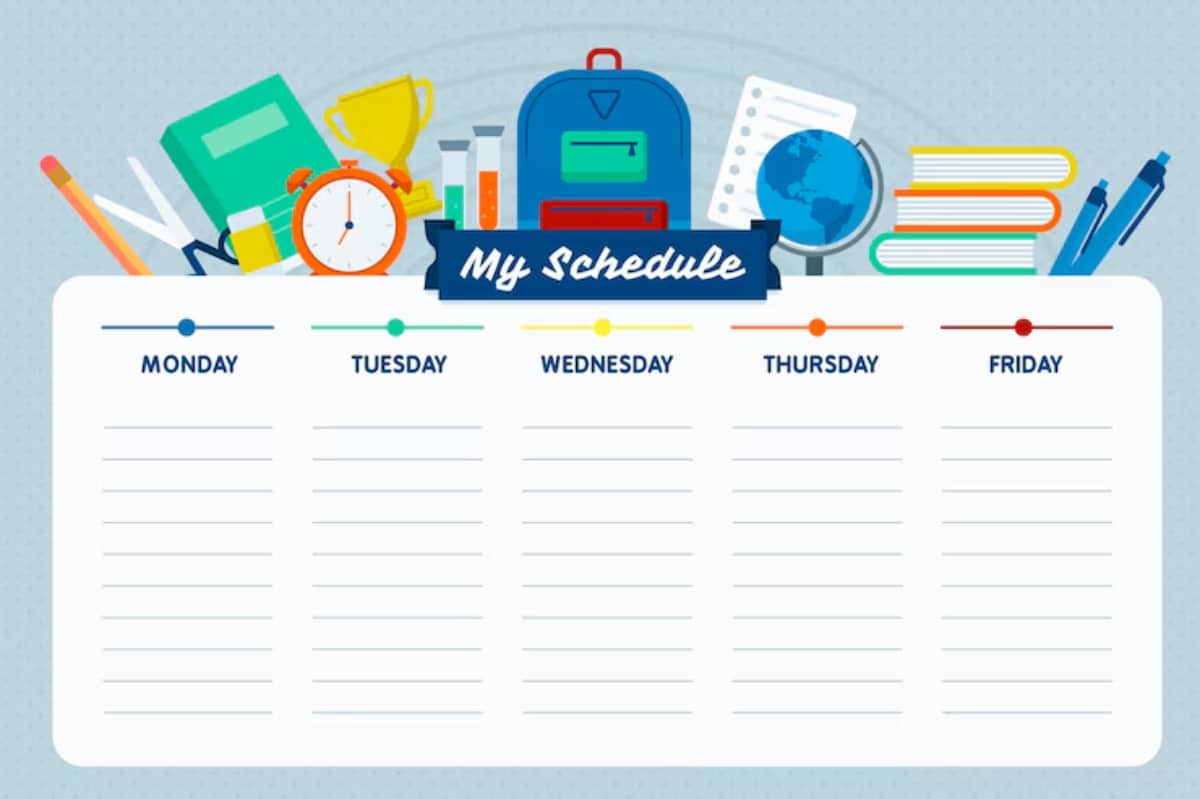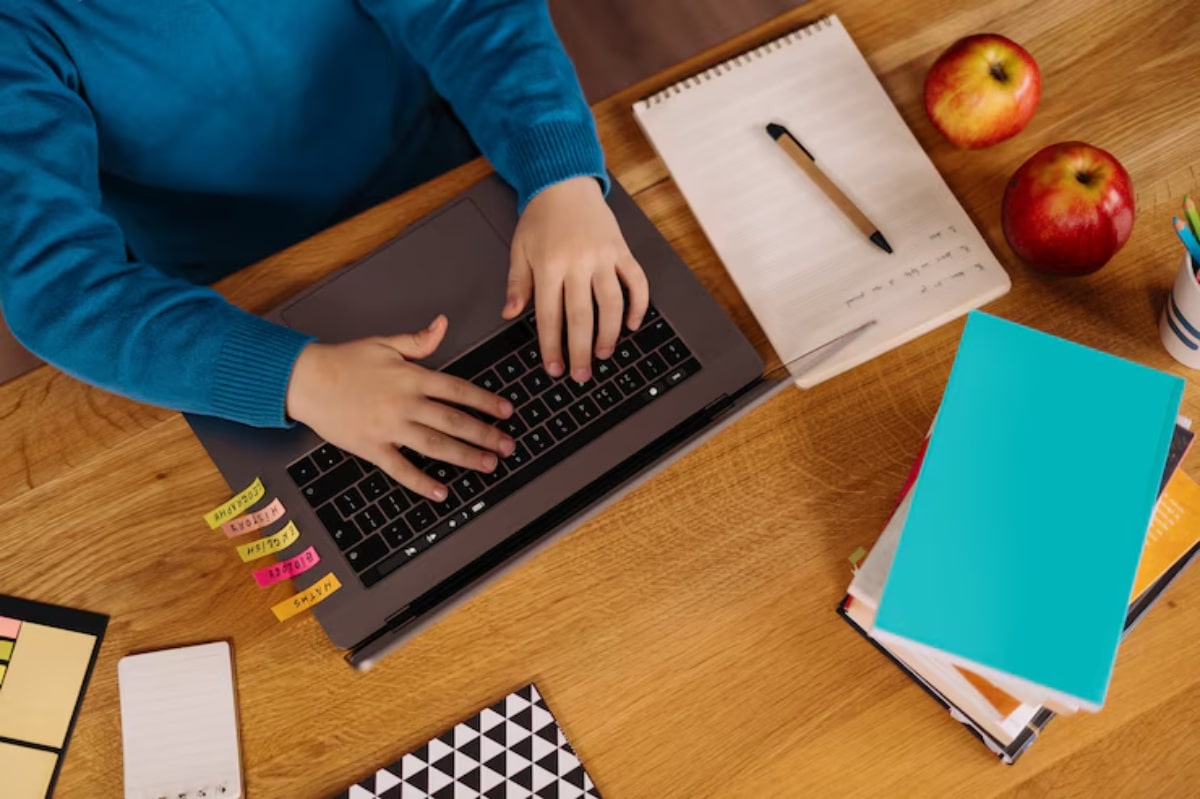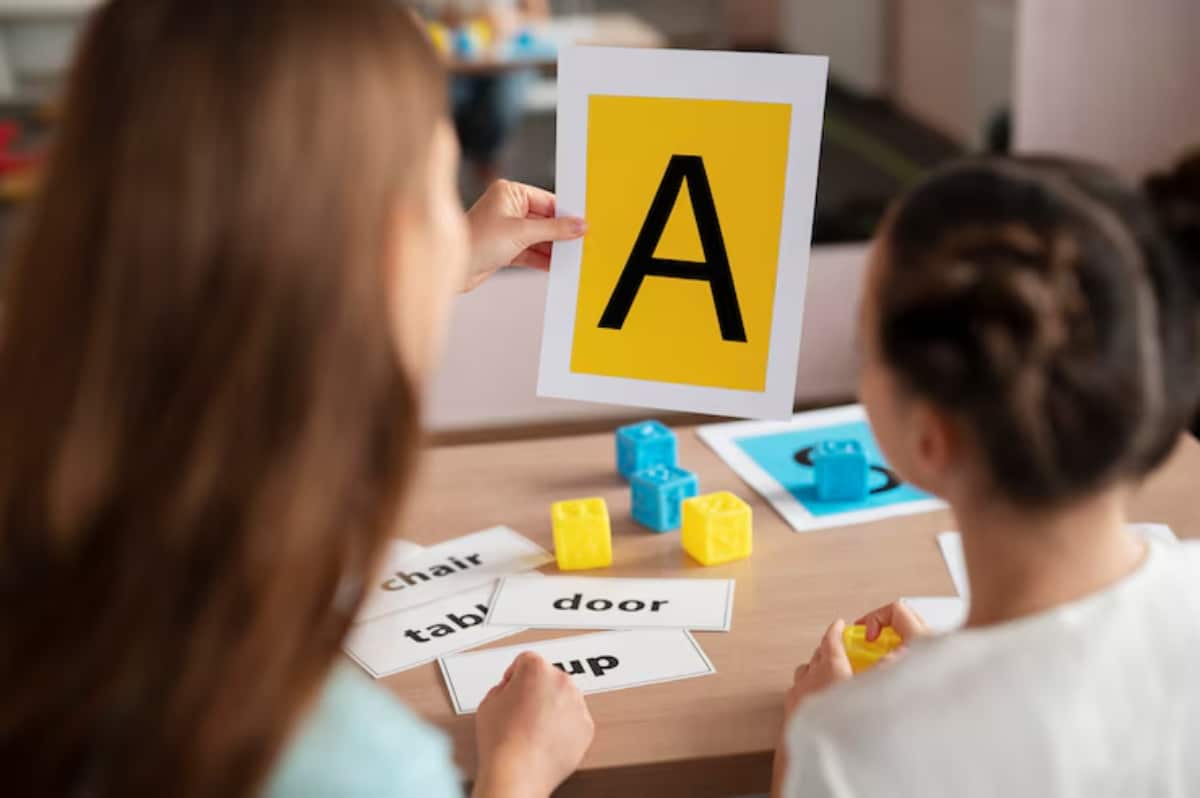
Best Homeschool Curriculum Picks for Kindergarten
Homeschooling your kindergartener is a big decision, but also an exciting one. This stage is all about setting the foundation for a love of learning. The right resources matter whether you’re just starting homeschooling or all in.
This guide will review some of the best homeschool programs for young learners. We’ll look at how to pick the best kindergarten homeschool curriculum. We’ll also cover the subjects to focus on and ways to keep learning fun. Here are some accredited homeschool options. They offer more structure or flexibility if you need it later.
Let’s help you build a happy and confident learning space — right from your kitchen table.
What Do Kindergarteners Learn?
Kindergarten is all about exploring the world with curiosity. You don’t need to recreate a full school day. Most families find that 1–2 hours of focused learning is more than enough.
Here’s what most kindergarten homeschoolers cover:
- Early literacy (phonics, alphabet, basic reading)
- Early maths (numbers 1–20, shapes, patterns)
- Fine motor skills (cutting, drawing, writing)
- Nature & science (plants, animals, weather)
- Social skills (sharing, listening, kindness)
- Creative play (art, pretend play, building)
Children at this age learn best through play, movement, and stories. A good curriculum should be gentle, flexible, and joyful.
What to Look for in a Kindergarten Curriculum
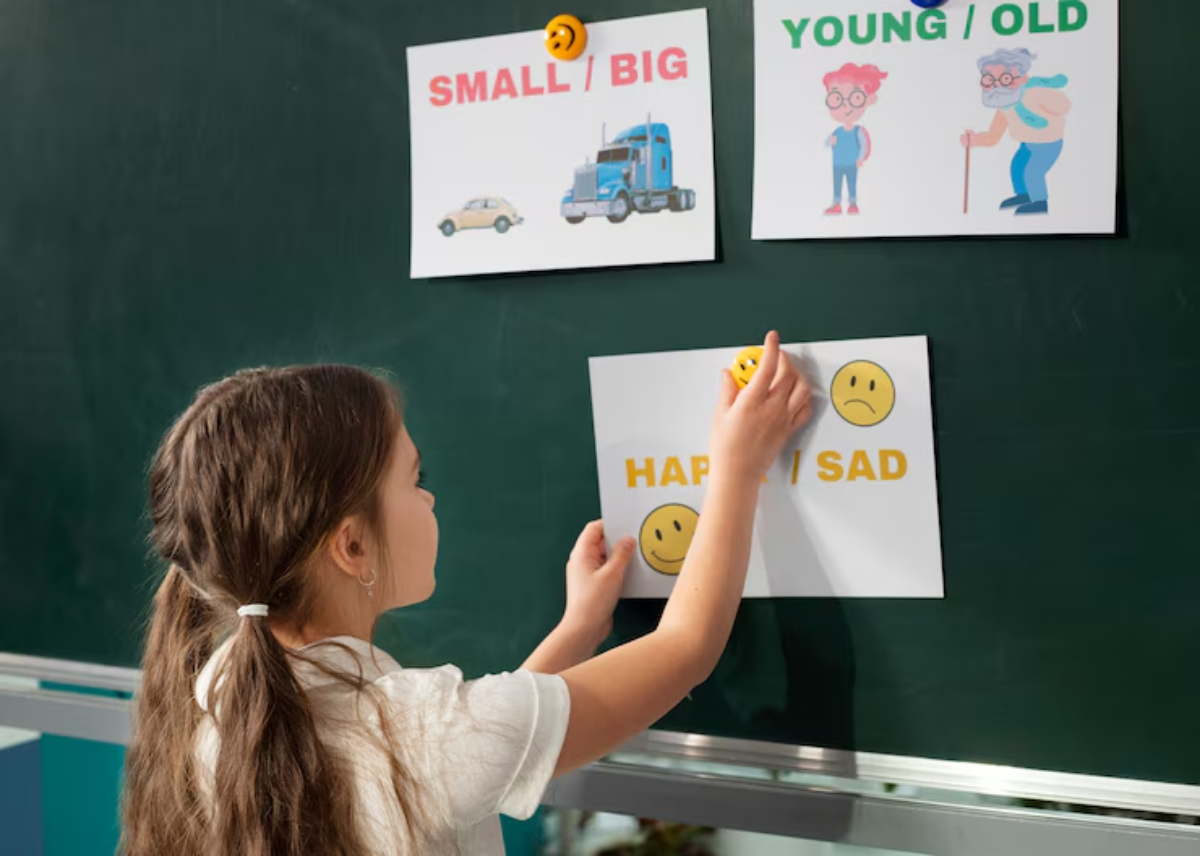
What to Look for in a Kindergarten Curriculum
Choosing a curriculum can feel overwhelming, but it doesn’t have to be. Here are a few things to consider:
1. Your Child’s Learning Style
Do they enjoy hands-on crafts? Love books? Do you prefer videos or music?
2. Your Teaching Style
Are you looking for open-and-go lessons, or do you prefer a mix of materials you can customise?
3. Screen Time Comfort
Would you prefer mostly offline resources, or are online programs okay?
4. Accreditation Needs
Some parents choose to use an accredited homeschool provider. This choice can boost their confidence, which is essential, especially if they plan to enrol their children in public school later.
For more information, read: Top 1st Grade Homeschool Curricula Ranked
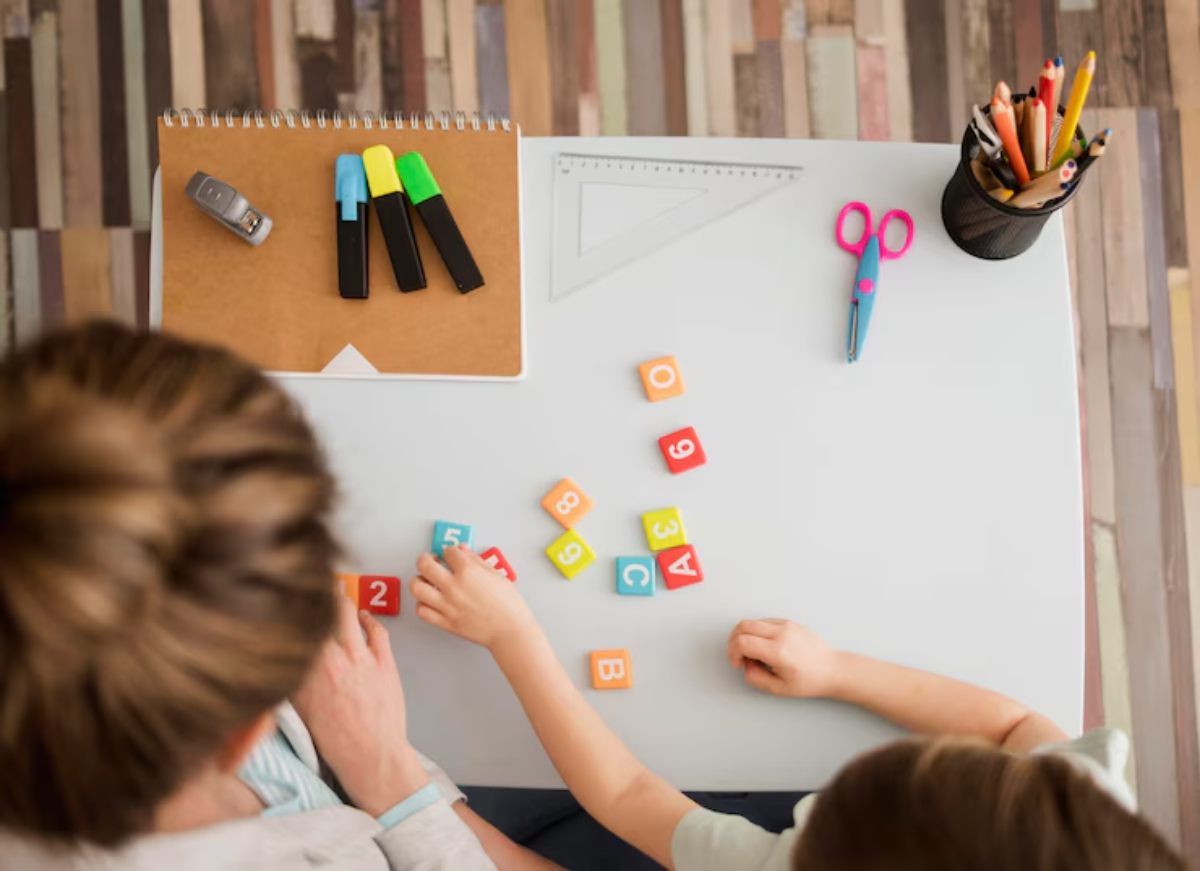
Top Kindergarten Homeschool Curriculum Picks
Here are our favourite resources. Families have tested them. They are easy to follow and packed with meaningful content.
1. The Good and the Beautiful – Kindergarten Language Arts
Type: Print-based | Open-and-go | Christian worldview
This programme is known for its lovely illustrations, gentle lessons, and ease of use. Each lesson includes phonics, handwriting, and simple stories.
What’s included:
- Phonics and reading instruction
- Handwriting practice
- Sight word games
- No daily prep is needed
Perfect for: Parents looking for a beautiful, easy-to-use, faith-based option.
2. Master Books – Basic 4 Subject Set for Kindergarten
Type: Print | Christian worldview | All-in-one
Master Books combines reading, writing, maths, and science into one easy-to-use package. Lessons are short and flexible.
What you’ll get:
- Early phonics and math
- Colourful workbook format
- Weekly Bible verses
- Hands-on learning ideas
Best for: Families wanting a complete curriculum that keeps lessons short and sweet.
3. Blossom & Root – Kindergarten
Type: Digital download | Secular | Nature-inspired
Blossom & Root focuses on creativity, literature, and hands-on learning. It includes gentle science, nature study, art, and optional phonics.
Features:
- Nature-based science
- Picture book suggestions
- Weekly projects
- Optional handwriting and copy work
Best for: Creative families who love nature walks, read-aloud, and flexible planning.
4. Time4Learning – Online Kindergarten Program
Type: Online | Secular | Accredited option available
If you’re looking for an online homeschool program, Time4Learning is a solid place to start. It offers interactive lessons in language arts, maths, and science.
Includes:
- Animated lessons and quizzes
- Progress tracking
- Printables and activity ideas
- Option to use as a complete programme or supplement
Best for: Families wanting a tech-supported curriculum that’s ready to go.
5. Abeka – Kindergarten Full-Grade Kit
Type: Print + Video options | Christian worldview | Accredited option available
Abeka offers a complete package with phonics-based reading, maths, Bible, and more. You can teach it yourself or enrol in their accredited homeschool programme.
Highlights:
- Strong phonics method
- Detailed teacher guides
- Flashcards and visuals
- Daily lesson plans included
Best for: Parents who want a traditional, classroom-style approach with everything laid out.
6. Build-Your-Own Bundle
Don’t want a complete set? Many parents choose to build their mix-and-match plan. Here’s a sample layout:
- Reading: Explode the Code or All About Reading Pre-Reading
- Maths: RightStart Math or Math with Confidence
- Writing: Handwriting Without Tears
- Science: Science is Simple, or nature walks with journals
- Extras: Library visits, music time, play-dough, puzzles
This approach lets you tailor each subject to your child’s pace and interest.
For more information, read: 5th Grade Homeschool Curriculum Recommendations
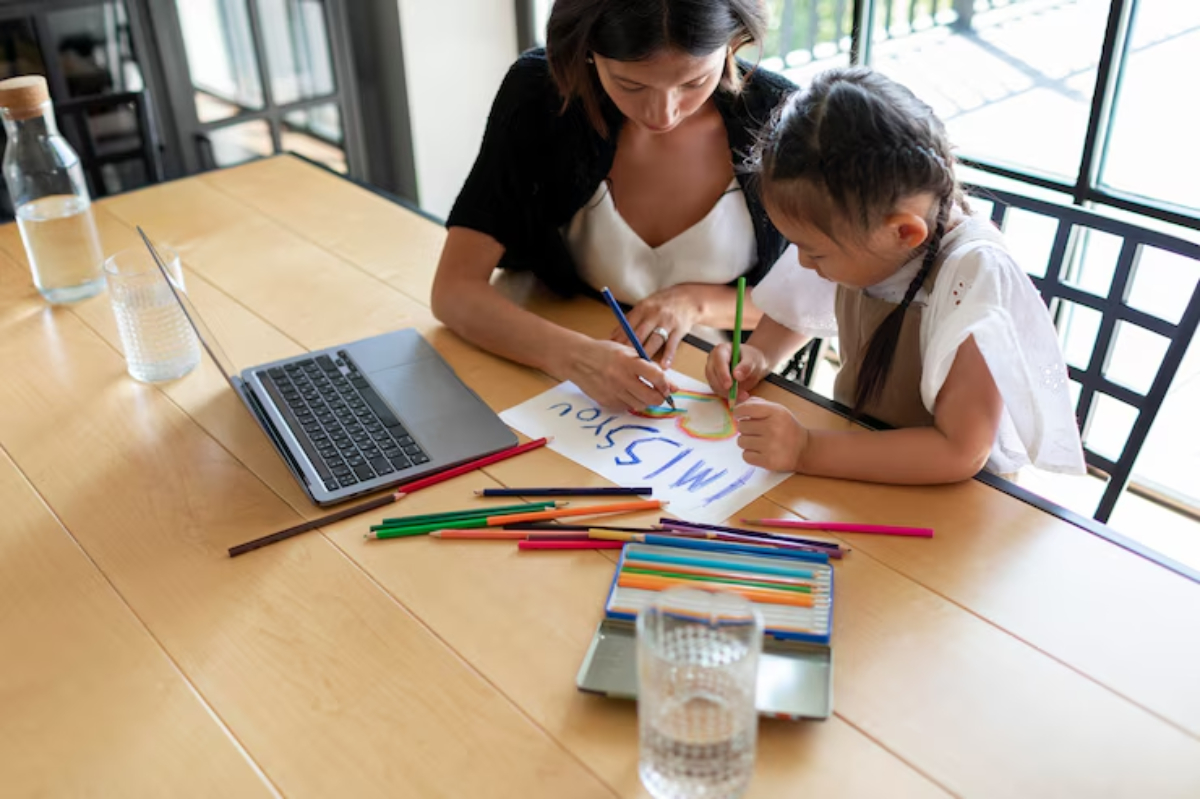
Supporting Early Learning at Home
Here are a few tips to keep your kindergartener engaged and happy:
- Keep Lessons Short
10–15 minutes per subject is plenty at this age.
- Mix Learning with Play
Count blocks, read stories together, and turn chores into games.
- Go Outside
Nature walks are perfect for science, storytelling, and movement.
- Read Aloud Daily
Picture books build vocabulary, listening skills, and imagination.
- Let Them Move
Wiggling bodies learn better when they’re not stuck at a desk.
Is Accreditation Needed for Kindergarten?
Short answer: not usually. Most provinces or districts don’t require formal records for children under six. Using an accredited homeschool provider can provide peace of mind. This is especially true if you want to return to public school later.
Some programs, like Abeka and Time4Learning, offer accredited options. Here, grades and progress are officially recorded. Others leave that part up to you.
For now, your focus should be on joyful learning, not paperwork.
Wrapping Up: Your Kindergarten Homeschool Journey
Homeschooling kindergarten allows you to take your time. You can bond with your child and enjoy learning side by side. There’s no perfect programme — just the one that fits your family best.
When you choose a ready-made package or create your blend, remember that you teach more than just letters and numbers. You’re also building a lasting love for learning.
Take your time, enjoy the process, and trust your instincts. You know your child better than anyone.
Do you have questions about kindergarten homeschooling? Share them in the comments or what’s worked for you—other parents love learning from real stories.
If this guide was helpful, share it with another homeschool family starting!
